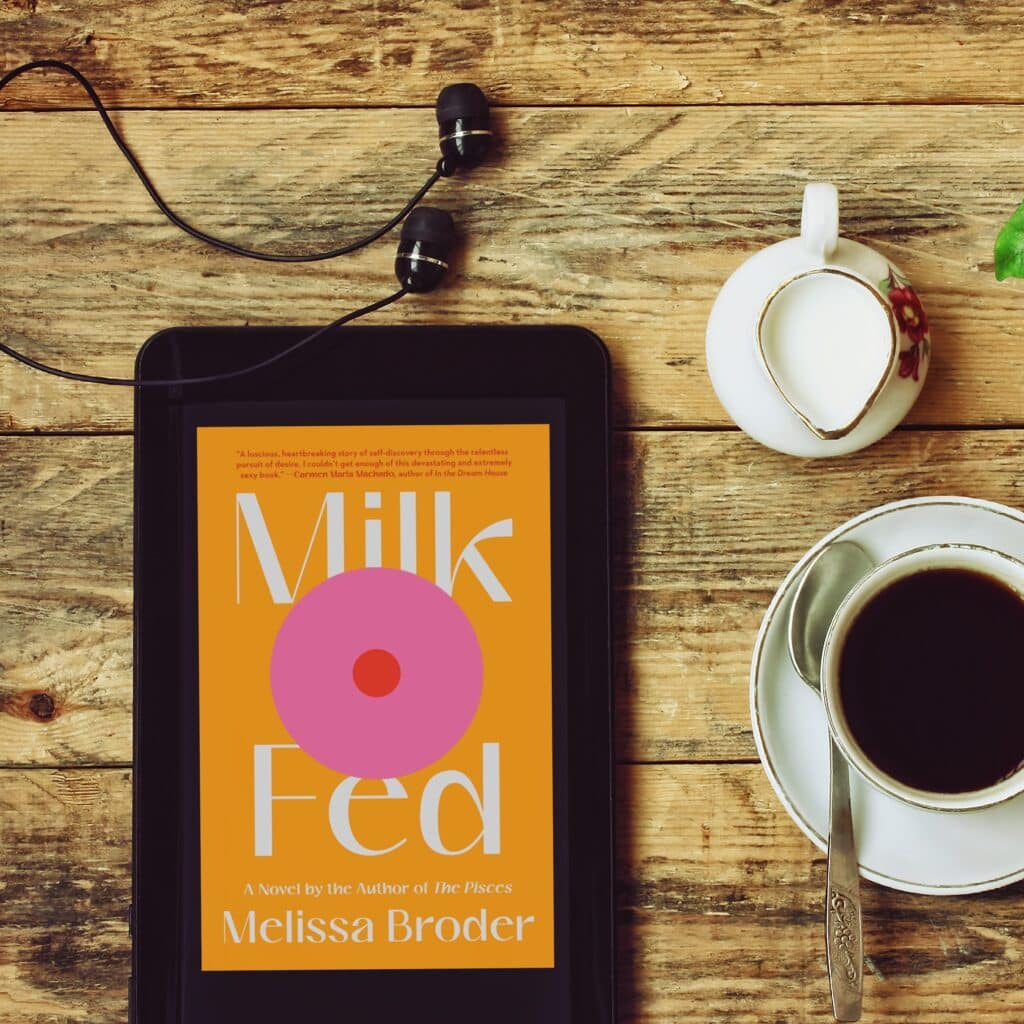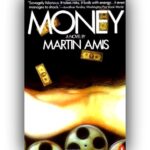
Opening Melissa Broder’s ‘Milk Fed’ was akin to embarking on a journey. A journey where I found myself staring at a mirror that reflected parts of me I had carefully hidden away. I found my personal struggles mirrored in the character of Rachel, who, like myself, battles the specter of food addiction, particularly binge eating disorder. Her journey and struggles are poignant, darkly real, and layered with a palpable sense of shame – emotions that resonated deeply within me.
Navigating through the narrative felt like traversing through a well-known yet unsettling landscape. Rachel’s addiction to food is laid bare in a way that is stark and unflinching. The late-night binges, the uncontrollable urges, the guilt and shame that haunt her every decision – these were painfully familiar and uncomfortably close to my own experiences. Reading these scenes induced a sense of profound shame in me, not for Rachel, but for myself. It was akin to having my personal diary laid open for all to see.
It is this shame that underscores much of Rachel’s journey – and my own. It is the same shame, I believe, that leads us to keep our battles hidden, to wear a mask of normalcy while wrestling with the chains of our addiction in secrecy. This shame is stoked by societal stigma, a silent judgment that compounds the pain and guilt. By bringing this struggle to the fore, Broder did something incredibly courageous. She shattered the silence, giving voice to a struggle that is often swept under the rug.
While the narrative is raw and painful, there is a cathartic undertone to Broder’s storytelling. Her characters’ dialogue, sharp and incisive, pierces through the narrative, offering moments of relief and connection. The dialogue feels authentic, the words well chosen and laced with a realism that transcends fiction. Despite the heavy themes, these moments of dialogue allow the reader to forge a deeper bond with the characters and, for me, it offered a semblance of hope, a reminder of human resilience amid struggles.
The authenticity of Rachel’s struggle and the powerful evocation of shame can’t help but lead one to surmise that Broder might be speaking from experience. The narrative is so intimate, so deeply felt, it suggests a profound understanding of the disorder that can often come only from personal experience. This further amplifies the resonance of the narrative, grounding it in a reality that I, and many others, can relate to.
‘Milk Fed’ thus becomes a poignant reflection of my own struggles. It’s a mirror that captures the rawness, the secrecy, the shame, and the resilience that comes with battling a food addiction. While the journey through its pages is not comfortable, it is incredibly validating. It is a stark reminder that we are not alone in our struggles, and a testament to the strength inherent in each of us, as we continue to battle our demons day after day.












